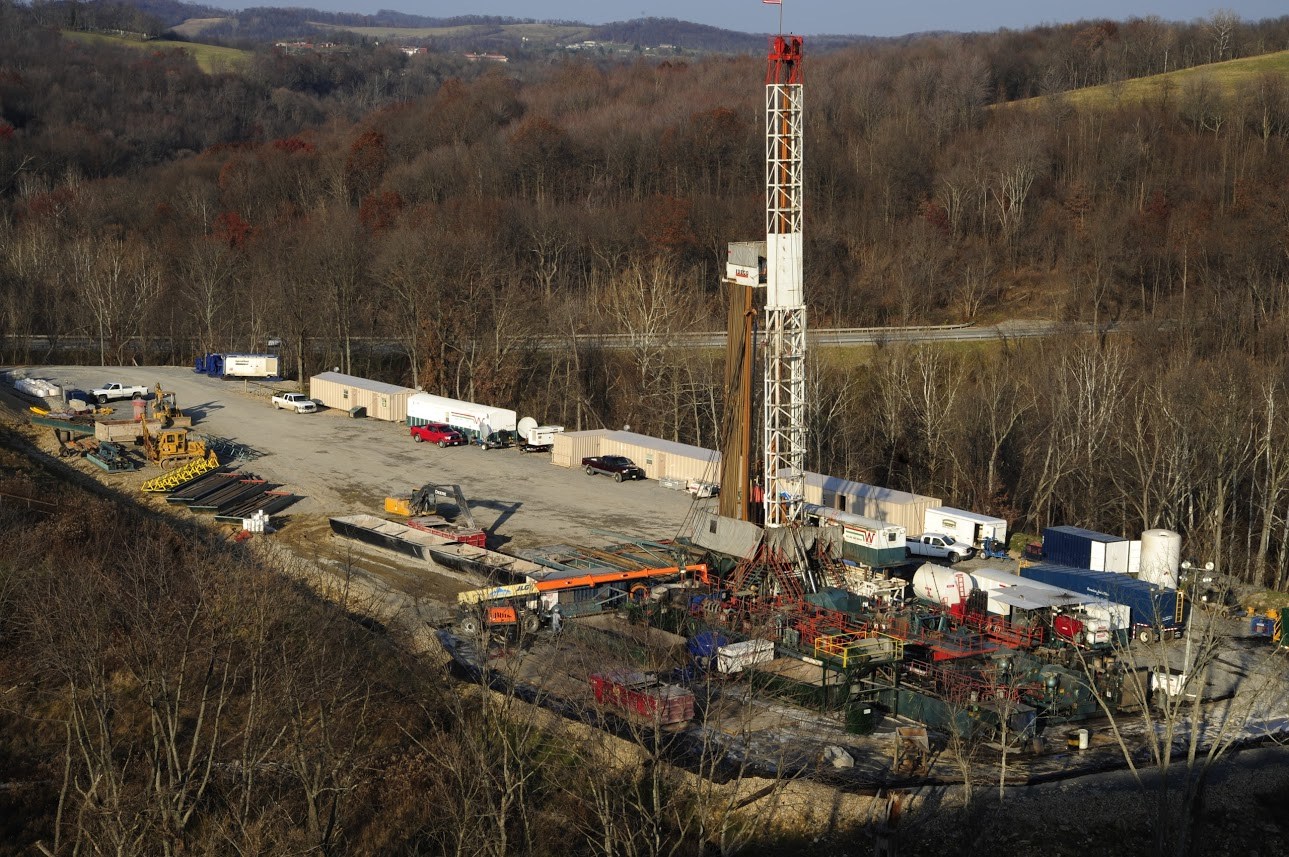Clean Air Council Statement on Methane Emissions Reduction Program Funding

PENNSYLVANIA (June 21,2024) – The U.S. Environmental Protection Agency (EPA) and U.S. Department of Energy (DOE) announced today, June 21, the availability of $850 million in funding for projects led by agencies, tribes, states, communities, and industry that will monitor and reduce methane emissions from the oil and gas sector. Potentially-funded projects can help small operators monitor methane emissions so that leaks can be better quantified and repaired in a timely manner. The funding will also aim to create collaborative monitoring efforts between frontline communities and equipment providers, so that impacted residents will have better access to empirical data and a role to play in the air monitoring process. Overall, this funding will help states and tribes reduce methane emissions to comply with the waste emissions charge and the U.S. EPA methane rule published this past spring.
This announcement is part of EPA’s Methane Emissions Reduction Program (MERP), which was authorized under the Inflation Reduction Act of 2022. MERP provides financial and technical assistance as well as new regulations that will reduce pollution – including greenhouse gases such as methane, volatile organic compounds, and hazardous air pollutants – from the oil and gas sector. The funding made available today will build on the $350 million awarded to states last December, of which Pennsylvania received nearly $44.5 million for the plugging and monitoring low-producing conventional wells.
Matt Walker, Clean Air Council Advocacy Director issued the following statement:
“President Biden has already taken serious policy actions that will guide Pennsylvania and other states to significantly cut methane pollution from the oil and gas industry to help meet our climate goals. Today’s funding announcement builds on those solid policies with major investments for cutting edge methane-reducing technologies, and air monitoring that will provide accurate data to frontline communities. These efforts will better protect the health of Pennsylvania residents and help curb climate change.”

